Successful demonstration of FlexMethanol conversion of wind power to methanol
Green Car Congress
JUNE 11, 2020
In Germany, BSE Engineering and the Institute for Renewable Energy Systems at Stralsund University of Applied Sciences (IRES) have demonstrated the conversion of wind power into renewable methanol. The team uses green electricity to split water into hydrogen and oxygen in an electrolysis step.

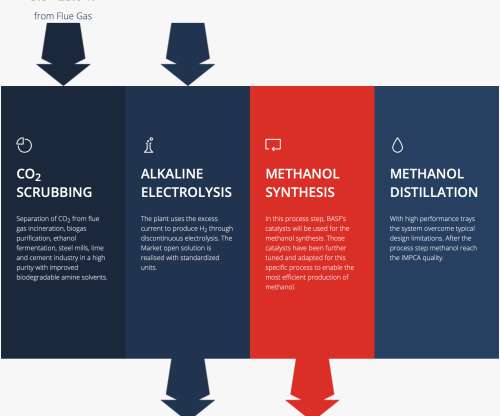













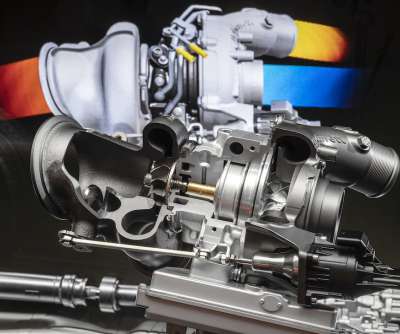


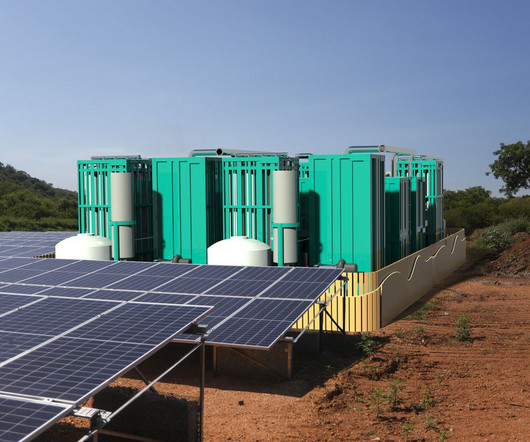

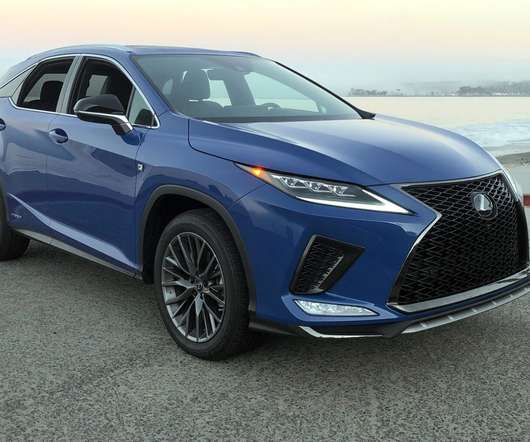


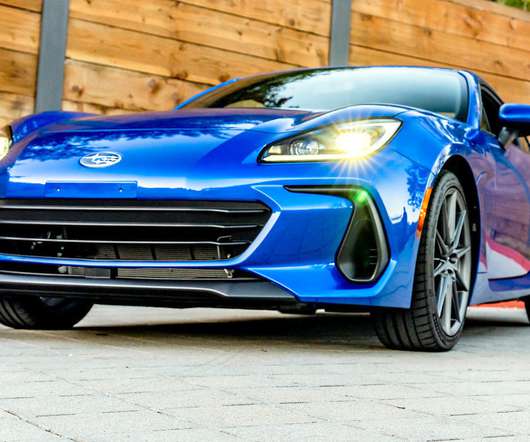

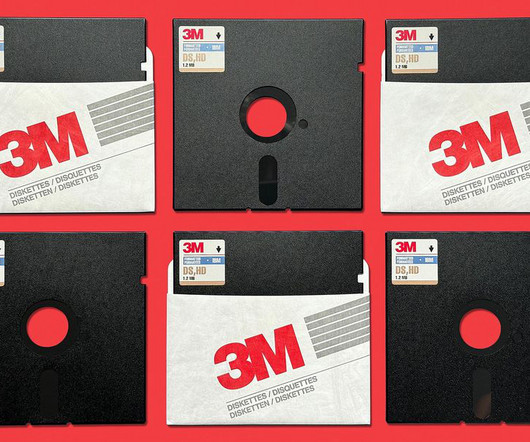

















Let's personalize your content